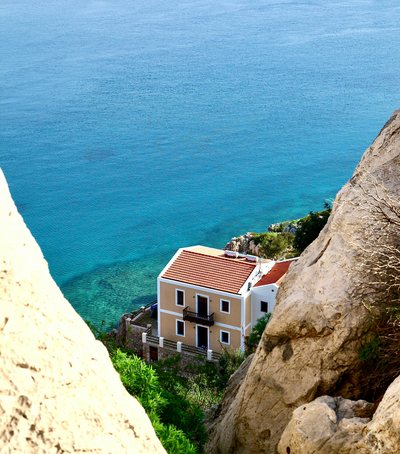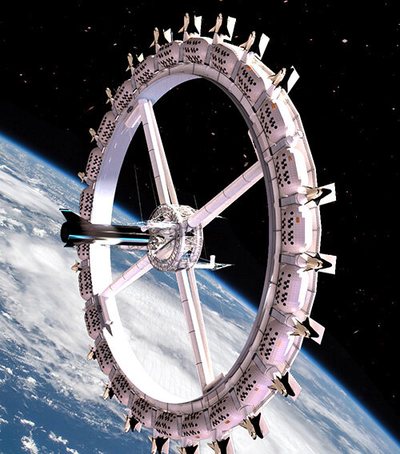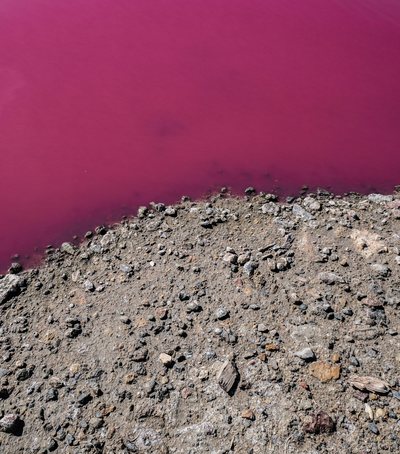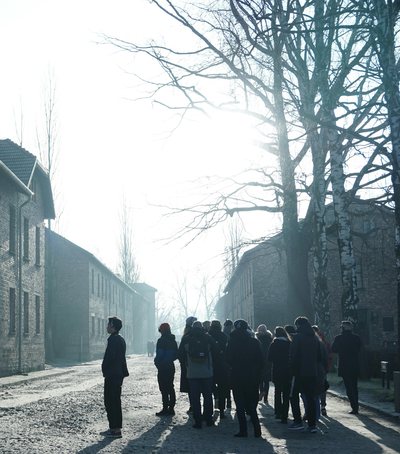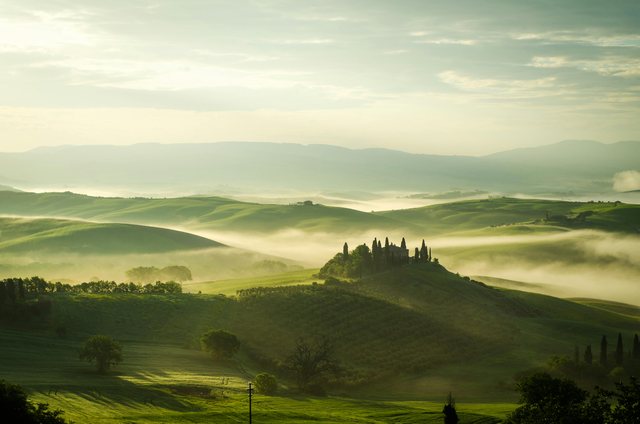
In an era where every day begins with a phone screen and ends with endless notifications, more and more people are looking to disconnect from the digital noise for a while. The concept of “digital detox” has become a new way of traveling, where the goal is not to visit as many places as possible, but to find inner peace in places that invite silence, nature, and reflection.
In the heart of Tuscany, ancient monasteries that once housed monks and philosophers have become havens for those seeking peace. Where hills of olive groves and vineyards are bathed in soft light, the absence of mobile phone reception is a blessing. Visitors find harmony between meditation, nature walks and food prepared with local ingredients. In this tranquility, time slows down and the daily grind of stress fades.
In Slovenia, mountain villages near Lake Bled or in the Julian Alps offer a similar experience, but with a different energy. The clean air, dense forests and sounds of waterfalls create a sense of reconnection with nature that goes beyond physical rest. Many visitors choose to stay in traditional guesthouses without Wi-Fi, where nights are spent with books, quiet conversations and candlelight.
Even in northern Europe, in Norway and Finland, the concept of “slow travel” is part of the local culture. Cabins by lakes, warm saunas and long hours of silence are a reminder that true luxury is not found in connecting with the virtual world, but in connecting with oneself. Such trips are an invitation to listen to the inner voice again, to rediscover the balance between technology and humanity.
Ultimately, a “digital detox” is not just a travel fad, but a silent revolt against the pace that modern life dictates to us. It is a return to simplicity, a reminder that sometimes, to hear the world, we need to turn off the noise.
Photo by Aliona & Pasha: https://www.pexels.com/photo/foggy-hills-3892172/

